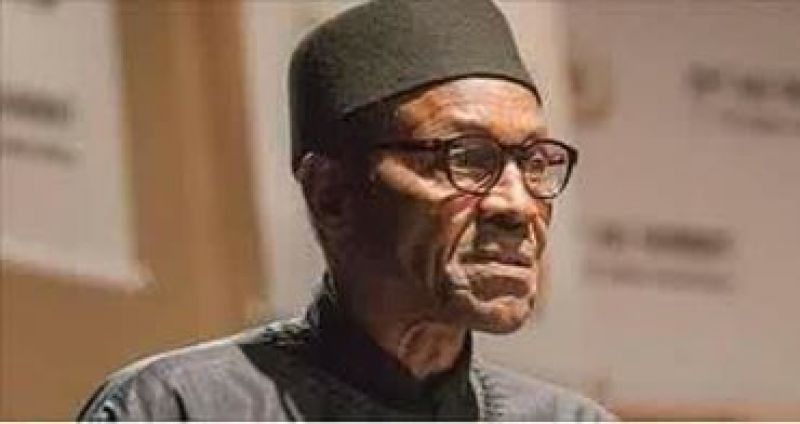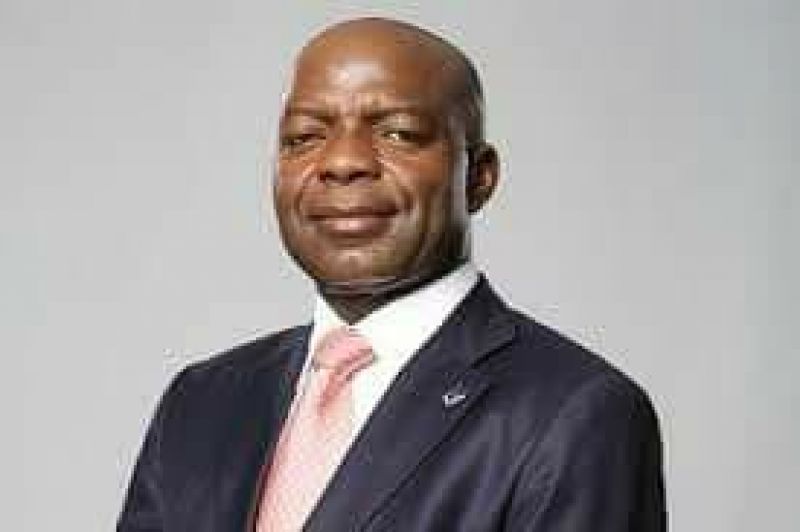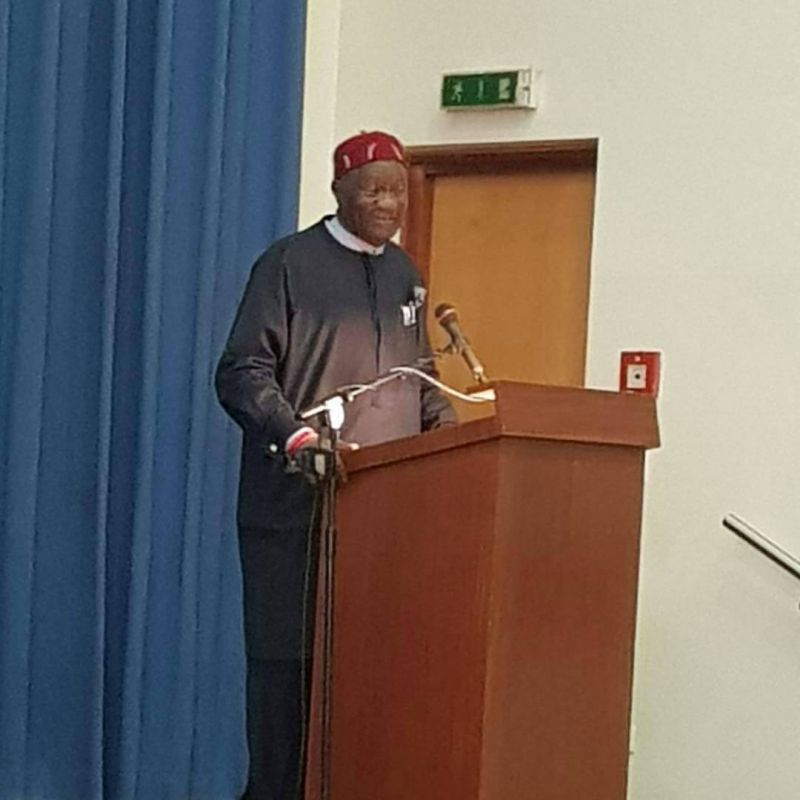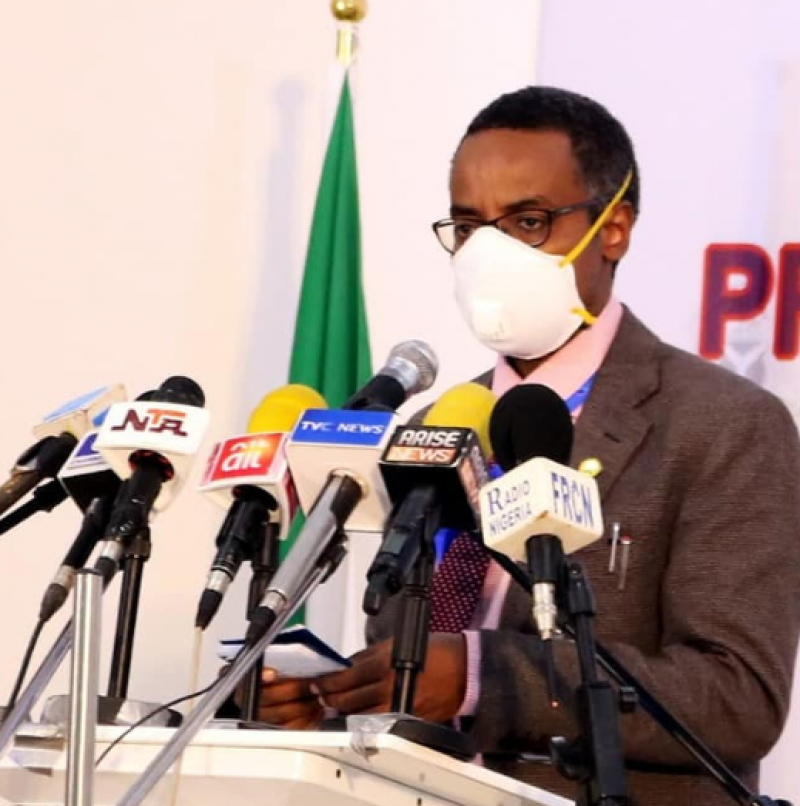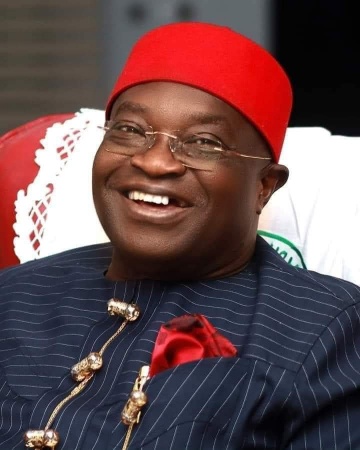FG accuse 14 state Govs for abandoning health sector
Posted by FN Editor | 5 years ago | 1,611 times
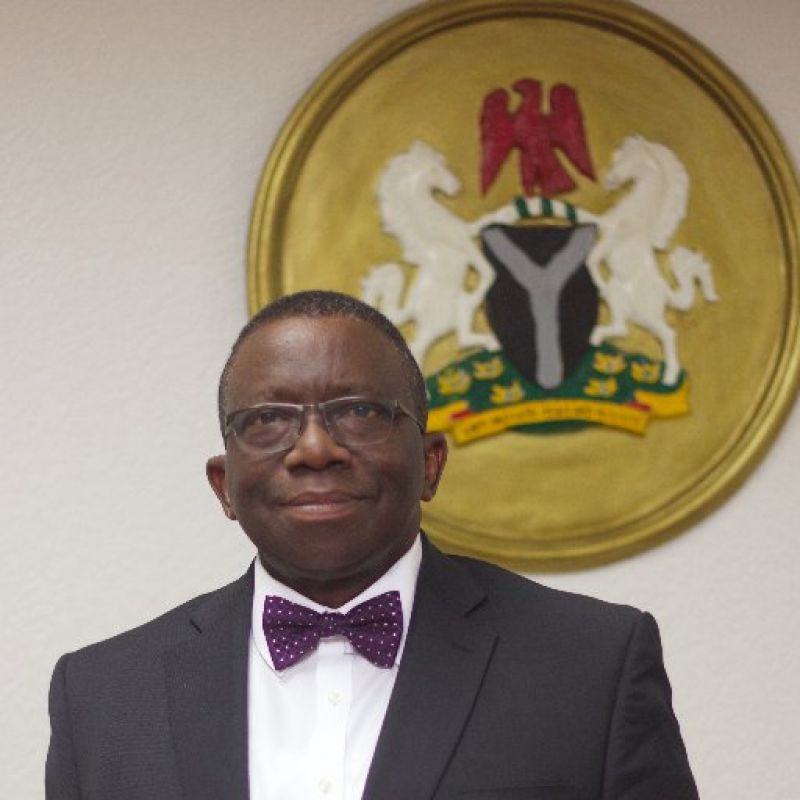
The Federal Government, yesterday, named 14 states that have refused to access the Basic Healthcare Provision Fund, meant for provision of primary healthcare services to Nigerians.
Minister of Health, Professor Isaac Adewole, who made the disclosure, yesterday, when he appeared before the Senate, to address issues affecting the country’s healthcare system, said the states were yet to provide counterpart funding for the scheme.
He said 22 states have complied with the provisions required to benefit from the scheme.
The 14 states that are yet to register are Kebbi, Jigawa, Akwa Ibom, Cross River, Gombe, Rivers, Borno, Zamfara, Ondo, Benue, Taraba, Nasarawa, Ogun and Sokoto.
He said: “We have, through your (National Assembly) support, some funds. You approved it to enable us provide healthcare basic fund. It is a game changer. We have spent almost a year developing the guidelines and, over the last weeks, we have started a rollout and, at the last count, 22 states have registered for the Fund.
“What we have done with the Fund is to structure it in a way that money will flow from the Central Bank of Nigeria (CBN) to the primary healthcare facilities; bypassing all obstacles.
“Last week, we succeeded in moving out funds from the CBN to the agencies and, from the agencies, it will go to the primary healthcare.
“As of today (yesterday), 14 states are yet to show interest in the basic health care provision fund and because senators represent the entire country, I want to quickly seek your permission to tell you the states. It is unfortunate because this is a game changer.
“These funds provide free ante-natal care, free delivery, take care of malaria, screen for tuberculosis, hypertension and diabetes.”
In response to some questions, the minister said tertiary healthcare centres are over-crowded because of the failure of primary and secondary healthcare centres.
He said: “We have 22 teaching hospitals in the country, 20 federal medical centres and 17 specialist hospitals all over Nigeria under the direct purview of the federal government. Most states also have teaching hospitals, to provide tertiary care.
“The teaching hospitals, by design, constitute the apex of healthcare in any country and for us in Nigeria, they represent the topmost and by design they are expected to receive referrals and manage complicated cases. For them to function, they depend on primary healthcare centres and functional secondary healthcare centres. When these two levels of care are functioning, 90 percent of ailments can be taken care of at primary and secondary healthcare centres. Only 10 percent of Nigerians who require care will need to go to a tertiary institution.
“However, over the last couple of years, we have had a major challenge. The healthcare system can be described as a pyramid. The primary healthcare centre at the base, secondary at the middle and tertiary at the tip. The problem we have is that the foundation is bad (primary healthcare), the wall is weak (secondary) and we are only concerned about the roof (tertiary).”
He accused state governments of abandoning primary and secondary healthcare centres and also, revealed that as long as the states fail to cater for these centres, tertiary healthcare centres would be over-burdened.
“The states have literally abandoned healthcare, such that everything is handled by the federal government. We cannot succeed with this,” he added.
Readers Comments
comment(s)
No comments yet. Be the first to post comment.
